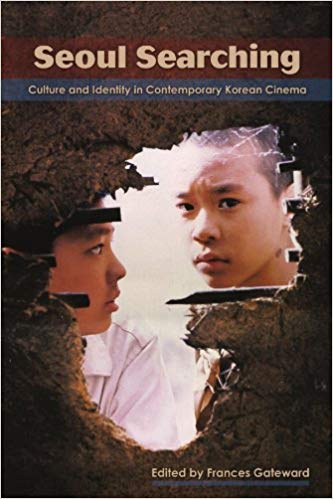South Korea’s journey from a war-torn, dictatorial state in the mid-20th century to a thriving democracy and global economic powerhouse is a remarkable story. Its culture, encapsulated in its vibrant music and film industry, has captivated the world. However, beneath this success lie challenges like low birth rates, class and gender inequalities, and intricate ties between business and politics. To understand the multifaceted nature of South Korea, here are five essential books and a film:
1. “The New Koreans” by Michael Breen
Michael Breen, who has lived in South Korea since 1982, offers an engaging blend of historical narrative and personal anecdotes. His book covers pivotal moments such as the 2002 Yangju highway incident, highlighting the emotional undercurrents in South Korean politics. Though published in 2017, it remains a comprehensive introduction to South Korea’s history and culture, supplemented by the more recent “Shrimp to Whale” by Ramon Pacheco Pardo for an updated perspective.
2. “The Housemaid” directed by Kim Ki-young
This 1960 thriller predates the Oscar-winning “Parasite” and explores themes that still resonate in South Korean society, such as the tension between tradition and modernity, gender roles, and class conflict. The story of a middle-class family’s downfall at the hands of a manipulative housemaid serves as an early showcase of South Korea’s cinematic talent, influencing future directors like Bong Joon-ho.
3. “Samsung Rising” by Geoffrey Cain
No company exemplifies South Korea’s economic rise better than Samsung. Geoffrey Cain’s book, based on over 400 interviews, delves into Samsung’s evolution from a vegetable trader to a global tech giant. It also examines the company’s controversial ties with South Korea’s political establishment and its role as a symbol of both the country’s economic success and its systemic issues with corporate governance.
4. “Top-Down Democracy in South Korea” by Erik Mobrand
Erik Mobrand provides an insightful analysis of South Korea’s political landscape, focusing on how former authoritarian structures influenced the transition to democracy. He critiques the centralized party system and restrictive electoral laws while celebrating the democratic spirit of the South Korean people, as demonstrated in the mass protests that ousted corrupt leaders.
5. “Kim Jiyoung, Born 1982” by Cho Nam-joo
Cho Nam-joo’s novel vividly portrays the struggles of South Korean women through the life of its protagonist, Kim Jiyoung. The story highlights the systemic sexism women face at home and work, making it a poignant and powerful read. The novel’s impact goes beyond storytelling, offering a deeply personal glimpse into the gender issues that persist in South Korean society.
6. “BTS on the Road” by Hong Seok-kyeong
K-pop, particularly BTS, has become a global phenomenon. Hong Seok-kyeong’s book explores the strategic rise of BTS, comparing them to Western pop icons like David Bowie and Beyoncé. The book explains BTS’s unique appeal, their “friend-like” accessibility to fans, and their role in redefining masculinity. It provides invaluable insights for anyone trying to understand the cultural juggernaut that is BTS.
These selections offer a comprehensive view of South Korea’s dynamic history, culture, and societal challenges, illuminating both its achievements and ongoing struggles.






